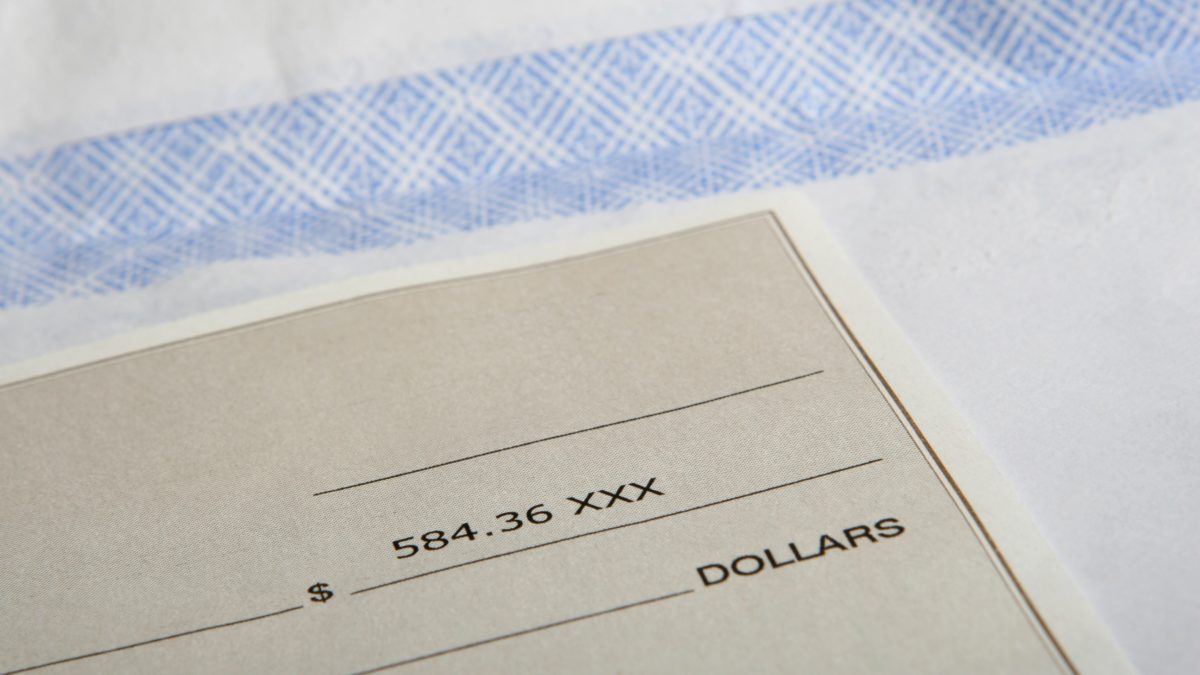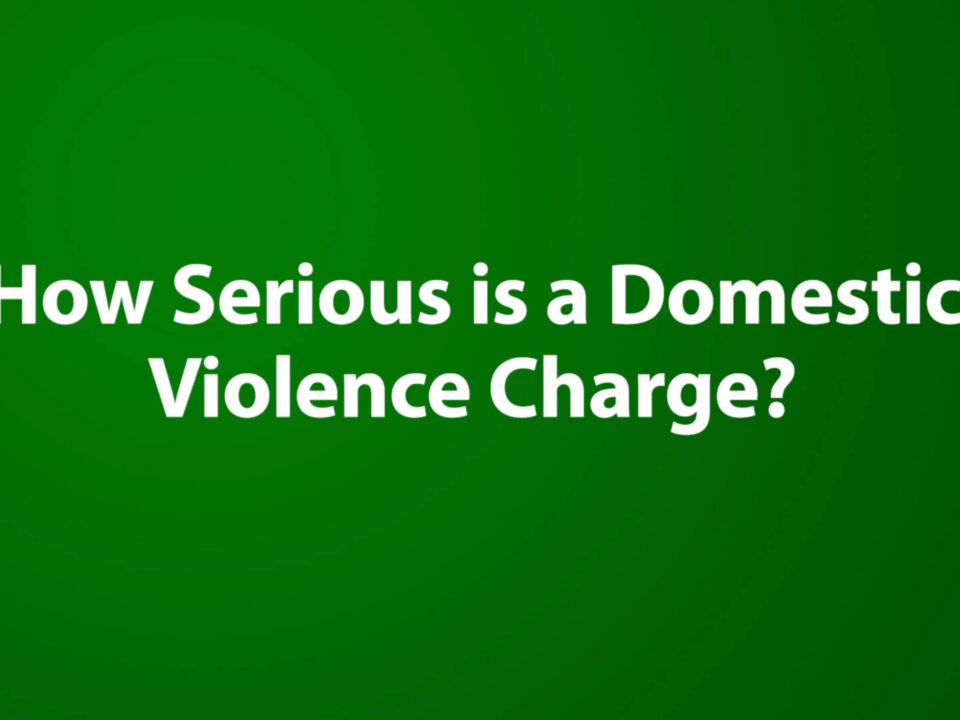
Understanding Judgment Enforcement as a Creditor
If you have obtained a monetary judgment against someone, it is important to understand that is just the first step to getting paid. Actually collecting on that judgment may be difficult, depending on the financial situation of the debtor. However, there are several procedures a judgment creditor can follow to attempt to collect on the judgment.
First, a court must order a judgment before a party may seek enforcement of that judgment. This means a final judgment must be entered by a court before these enforcement measures can be taken. Additionally, there is generally a statutory grace period after entry of judgment in which time the debtor may pay the judgment in full before enforcement measures are taken. For example, in North Dakota, a creditor must wait 14 days before taking judgment enforcement action.
One step to enforcement may involve sending questions to the debtor. These questions, called interrogatories, usually involve a request for information about employment, bank accounts, business interests, and property ownership. The answers to these questions may help to inform the creditor on the best method of judgment enforcement as discussed below.
A common form of judgment enforcement is wage garnishment. Wage garnishment involves an employer withholding a portion of the debtor’s paycheck for the purpose of paying the judgment creditor. It is important to note the amount withheld is typically calculated based on many factors, which allows only for garnishment of a certain portion of the paycheck. Accordingly, depending on the debtor’s income amount, wage garnishment may take more time than you expect to collect the entire amount.
As a creditor, you may also obtain a writ of execution on the judgment. Once armed with a writ of execution, you may forward the writ to the sheriff of the county where the debtor has property to levy on bank accounts and other personal property. Executing on a bank account can be an effective way to collect on a judgment.
In many states, like North Dakota, judgments are valid for 10 years and may be renewed for an additional 10-year period. If you have a judgment that may be expiring soon and you want to pursue collection, it is important to follow the statutory requirements to renew the judgment. If you do not renew the judgment after the initial period, you will no longer be able to collect.
If you need assistance enforcing a judgment, attorneys at O’Keeffe O’Brien Lyson Attorneys can help you. Contact an attorney at O’Keeffe O’Brien Lyson Attorneys in Fargo, North Dakota or call 701-235-8000 or 877-235-8002 to discuss your case.



